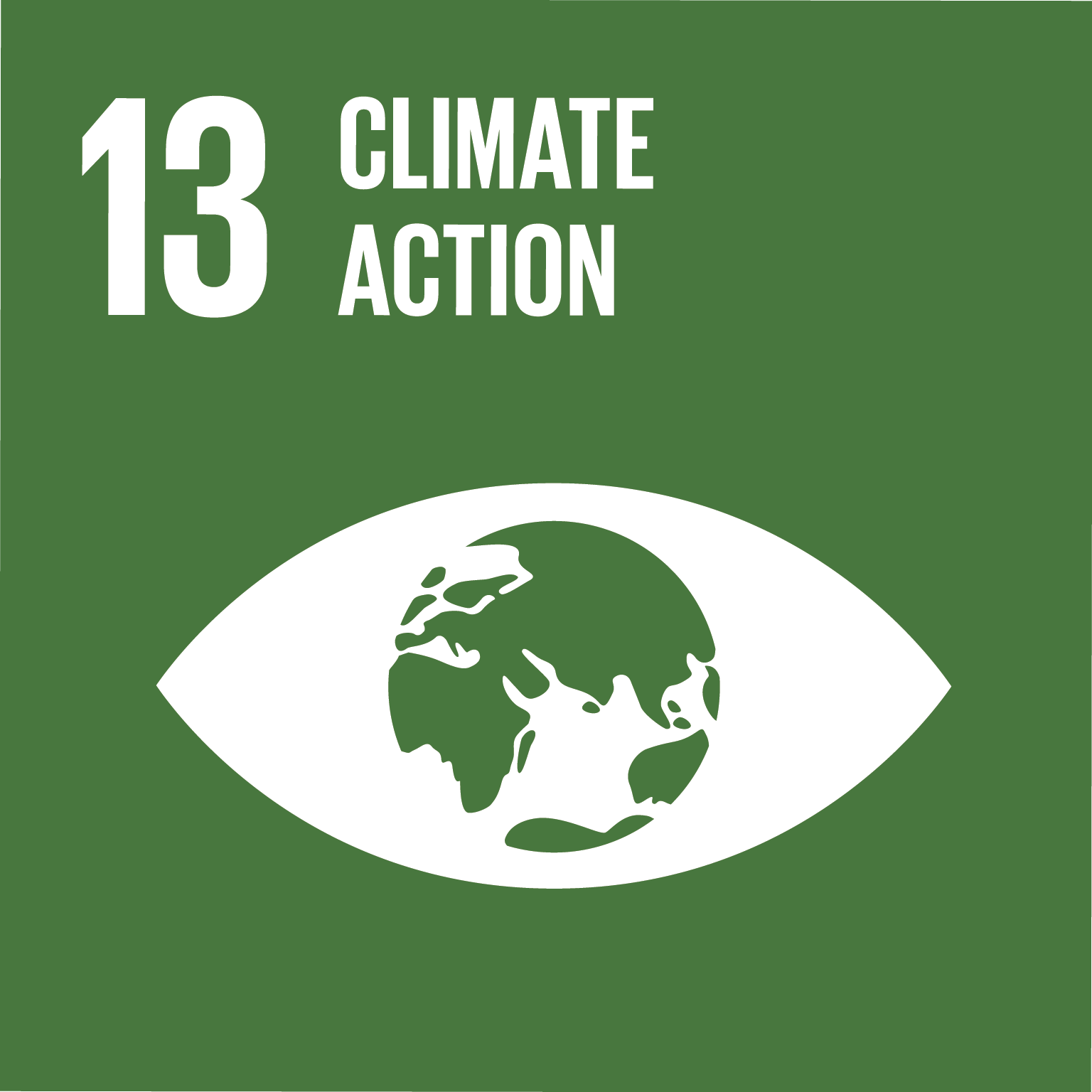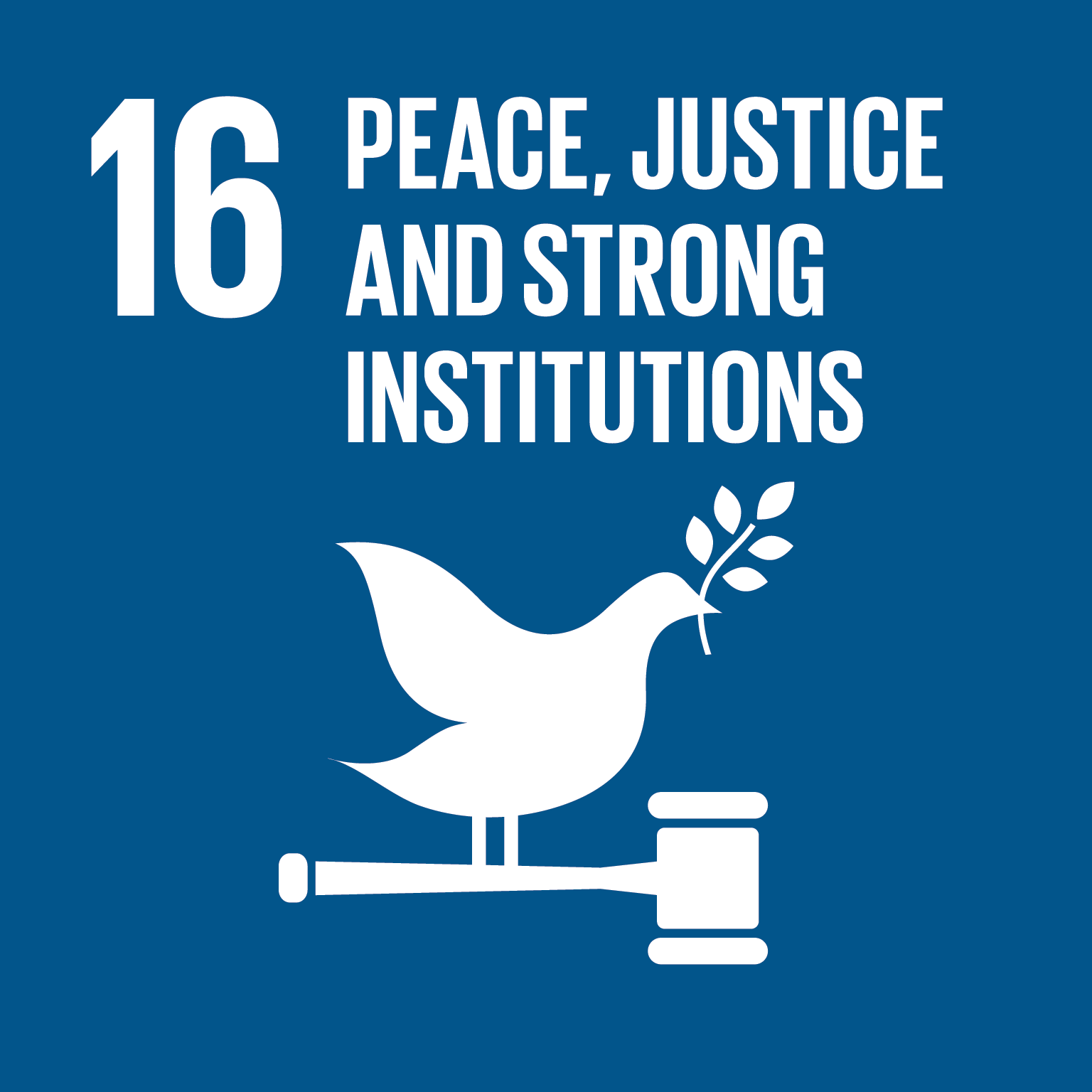- Enhance students' abilities to undertake research/policy analysis
- Enhance students' capacities for critical thinking vis-à-vis ethnic identity
- Allow students participate in debates around nationalism and ethnic conflict
- Develop oral presentation skills
- Enhance group work skills
- Develop methodological research expertise
- To impart a comprehensive and detailed understanding of the causes, and issues arising around, all aspects of nationalism and ethnic conflict
MSc Peace and Conflict
This course is available through the following application route(s)
- Duration:
- 1 Year
- Attendance:
- Full Time
- Delivery:
- On Campus
- NFQ Level:
- 9 (90 credits)
- Level:
- Graduate Taught
- Award:
- Master of Science
- Next Intake:
- September
- Country Specific Entry Requirements:
- Visit the UCD Global Undergraduate Entry Requirements webpage.
- Other School Leaving Requirements:
- See www.ucd.ie/admissions
- Duration:
- 2 Years
- Attendance:
- Part-Time
- Delivery:
- On Campus
- NFQ Level:
- 9 (90 credits)
- Level:
- Graduate Taught
- Award:
- Master of Science
- Next Intake:
- September
- Country Specific Entry Requirements:
- Visit the UCD Global Undergraduate Entry Requirements webpage.
- Other School Leaving Requirements:
- See www.ucd.ie/admissions
Please read our FAQ page before proceeding to the Contact Us button above.
Visit Our Website for Further Information such as Entry Requirement and Application Documents.
World Top 100 in the QS Ranking 2024 in Politics | Oldest and Largest School of its Kind in Ireland.
UCD School of Politics & International Relations is the oldest and largest school of its kind in Ireland with over 150 years of experience in political studies and a world-renowned faculty drawn from many countries.
This programme uses comparative political science models and methods to analyse patterns of conflict and settlement, with a focus on internal violent conflicts, past and present.
- This course allows analysis of the different ways that religion, ethnicity and inequality combine to generate violence.
- Specialist resources in the study of theories of ethnicity, identity, conflict; comparative ethnic conflict; Northern Ireland, Western Europe and relevant cognate specialisms in civic republicanism, justice and human rights, international security, European politics, and development studies.
- Includes additional research components and is particularly suitable if you want a career in research or academia..
About This Course
Graduates work with international bodies, non-governmental organisations and state agencies in roles such as: government social researchers, diplomatic advisors and public affair consultants.
Recent graduates of UCD School of Politics & International Relations now work in:
- United Nations
- World Trade Organisation
- IMF
- European Commission
- Asia Development Bank
Below is a list of all modules offered for this degree in the current academic year. Click on the module to discover what you will learn in the module, how you will learn and assessment feedback profile amongst other information.
Incoming Stage 1 undergraduates can usually select an Elective in the Spring Trimester. Most continuing undergraduate students can select up to two Elective modules (10 Credits) per stage. There is also the possibility to take up to 10 extra Elective credits.
| Trimester | Credits | |||
|---|---|---|---|---|
Stage 1 Core Modules |
POL40950 | Introduction to Statistics | Autumn | 10 |
Stage 1 Core Modules |
POL41980 | Peace & Conflict Studies | Autumn | 10 |
Stage 1 Core Modules |
POL41640 | Qualitative Research Methods for Political Science | Spring | 10 |
Stage 1 Core Modules |
POL42060 | International Security | Spring | 10 |
Stage 1 Core Modules |
POL42310 | Thesis | Summer | 30 |
Stage 1 Options - A)2 of: Select 2 option modules. |
AMST40030 | Media and US Foreign Policy | Autumn | 10 |
Stage 1 Options - A)2 of: Select 2 option modules. |
LAW42280 | International Refugee Law | Autumn | 10 |
Stage 1 Options - A)2 of: Select 2 option modules. |
POL40100 | Politics of Development | Autumn | 10 |
Stage 1 Options - A)2 of: Select 2 option modules. |
POL40130 | Poverty, Development and Global Justice | Autumn | 10 |
Stage 1 Options - A)2 of: Select 2 option modules. |
POL40140 | Theories of Global Justice | Autumn | 10 |
Stage 1 Options - A)2 of: Select 2 option modules. |
POL40970 | Politics of European Governance | Autumn | 10 |
Stage 1 Options - A)2 of: Select 2 option modules. |
POL41020 | Politics of Human Rights | Autumn | 10 |
Stage 1 Options - A)2 of: Select 2 option modules. |
POL41510 | Politics and Change in the Middle East and North Africa | Autumn | 10 |
Stage 1 Options - A)2 of: Select 2 option modules. |
POL42040 | Gender & the Political System | Autumn | 10 |
Stage 1 Options - A)2 of: Select 2 option modules. |
GS40120 | Decoloniality and Intersectionality Thinking | Spring | 10 |
Stage 1 Options - A)2 of: Select 2 option modules. |
LAW42290 | Gender, Conflict-related Harm & Transitional Justice | Spring | 10 |
Stage 1 Options - A)2 of: Select 2 option modules. |
POL40160 | Comparative Public Policy | Spring | 10 |
Stage 1 Options - A)2 of: Select 2 option modules. |
POL40370 | International Political Economy | Spring | 10 |
Stage 1 Options - A)2 of: Select 2 option modules. |
POL40540 | Comparative European Politics | Spring | 10 |
Stage 1 Options - A)2 of: Select 2 option modules. |
POL41030 | Theory of Human Rights | Spring | 10 |
Stage 1 Options - A)2 of: Select 2 option modules. |
POL41720 | Gender, Peace, and Security | Spring | 10 |
Stage 1 Options - A)2 of: Select 2 option modules. |
POL42050 | Quantitative Text Analysis | Spring | 10 |
Stage 1 Options - A)2 of: Select 2 option modules. |
POL42340 | Programming for Soc Scientists | Spring | 10 |
Stage 1 Options - A)2 of: Select 2 option modules. |
POL42350 | Connected_Politics 2 | Spring | 10 |
Stage 1 Options - A)2 of: Select 2 option modules. |
POL42430 | IR Theory: Conflict and Identity | Spring | 10 |
Stage 1 Options - A)2 of: Select 2 option modules. |
POL42500 | Politics of Authoritarianism | Spring | 10 |
Stage 1 Options - A)2 of: Select 2 option modules. |
POL42580 | Arab Perceptions of Conflict | Spring | 10 |
Stage 1 Options - A)2 of: Select 2 option modules. |
SOC40620 | Nationalism and Social Change | Spring | 10 |
UCD is strongly committed to advancing the UN Sustainable Development Goals (SDGs), embedding sustainability in teaching, research, operations, and community engagement. Sustainability principles are integrated into this programme, ensuring students graduate equipped to address global challenges. UCD’s leadership in this area is internationally recognised, ranking 49th globally and 1st in Ireland in the QS World University Rankings for Sustainability 2024. UCD also leads impactful research in areas such as climate action, clean energy, and social equity, supported by a comprehensive Sustainability Strategy focused on reducing emissions, enhancing biodiversity, and fostering a sustainable campus culture.
Here are the SDGs which align more visibly with this programme:
 |
 |
 |
Ines Meyer
I chose to study the MSc Peace and Conflict at UCD because it offers an interdisciplinary perspective to understanding conflict through the lens of gender, psychology, human rights, and political economy.
The students in this programme come from all over the world and bring diverse experiences and perspectives into the classroom. The close interaction with my classmates and professors also shaped how I understand conflict-related harm, and the prospects of working towards a more peaceful society.
I decided to follow the research-oriented MSc-track to get a deeper understanding of the various methods to analyse conflict dynamics. I specialised in conflict psychology taught by Dr Stephanie Dornschneider-Elkink and gender, harm, and transitional justice, taught by Prof Aisling Swaine. Both have an extensive working experience in conflict-affected regions and provide us with invaluable insights into their personal experiences.
Moreover, I received the SPIRe postgraduate scholarship, which allowed me to focus on my studies and gain hands-on teaching experience as a tutor. Furthermore, UCD has many student associations, events, and its own Centre for Peace and Conflict research (CPCR) which give students opportunities to engage and connect with people from different programmes. Ultimately, the MSc Peace and Conflict prepares us for various careers in research institutions, NGOs, government agencies or international organisations.
EU fee per year - € 10350
nonEU fee per year - € 22600
MSc Peace and Conflict (W409) Part Time
EU fee per year - € 6580
nonEU fee per year - € 11300
***Fees are subject to change
Tuition fee information is available on the UCD Fees website. Please note that UCD offers a number of graduate scholarships for full-time, self-funding international students, holding an offer of a place on a UCD graduate degree programme. For further information please see International Scholarships.
SPIRe operates a Graduate Scholarship programme, which normally opens in late Spring. To access details, see SPIRe Graduate Scholarship Scheme. Please note that not all programmes are eligible for this Scholarship.
- A primary degree with at least Second Class Honours Grade 1 (2H1). 2H1 is equivalent to 60 per cent, B minus or 3.08 GPA - in American system: B or 3.00 GPA.
- Your application will be considered on its individual merits and relevant professional experience will also be taken into account.
- English language requirements: applicants whose first language is not English should have met TOEFL, IELTs, or computer-based TOEFL requirements (600, 6.5, or 250 respectively), or the Cambridge English Test (Certificate in Advanced English at a minimum of Grade B, or Certificate of Proficiency in English at Grade C). Applicants who obtained a previous degree from an English-speaking university may be exempted from this requirement. Click here for further info.
- Students meeting the programme’s academic entry requirements but not the English language requirements, may enter the programme upon successful completion of UCD’s International Pre-Master’s Pathway programmes. Please see the following link for further information: https://www.ucd.ie/alc/programmes/pathways/int%20pmp/
- These are the minimum entry requirements – additional criteria may be requested for some programmes
Full Time option suitable for:
Domestic(EEA) applicants: Yes
International (Non EU) applicants: Yes
Part Time option suitable for:
Domestic(EEA) applicants: Yes
International (Non EEA) applicants: No
The applicants should have earned an undergraduate degree in a relevant subject such as political science, international relations, social science, sociology, history, geography, economics, global studies, public policy, development studies, EU studies, law/international law etc. with at least Upper Second Class Honours, or its equivalent (an overall GPA of 3.0 (B) or higher in the American system). Relevant professional experience will also be taken into account.
How to Apply
General application route(s) for Irish/UK/EU applicants* for International (non-EU) applicants* to MSc Peace and Conflict:
| ROWCLASS | Apply to |
|---|---|
| showAudience-audienceEU showAudience-audienceInt | W408 MSc Peace and Conflict Master of Science Full-Time Commencing September 2025 Graduate Taught |
| showAudience-audienceEU showAudience-audienceInt | W409 MSc Peace and Conflict Master of Science Part-Time Commencing September 2025 Graduate Taught Not available to International applicantsApply |